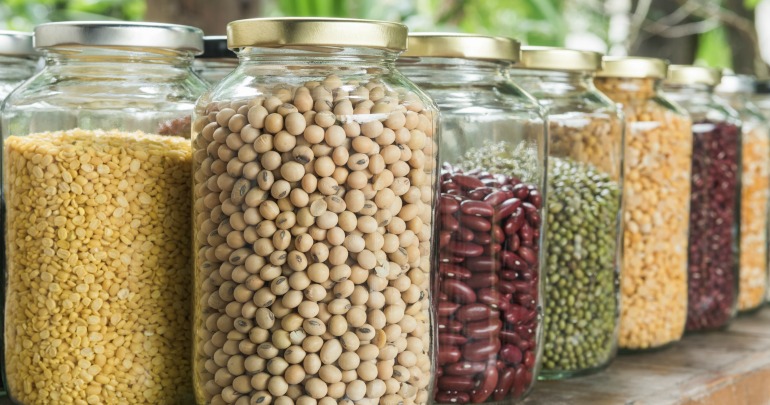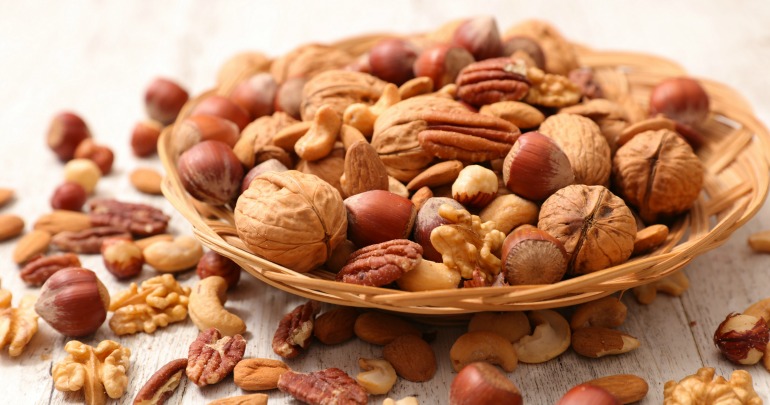Five foods you can eat now to protect your heart

Heart disease is Australia’s greatest health problem. Since the 1970s it continues to result in more Australian deaths than any other single cause for both men and women — approximately 44,000 deaths each year.
But you can lower your risk, and one of the best places to start is by ensuring your diet is heart healthy.
Include these five foods in your diet today and your heart will be pounding in thanks in the long run.
Beetroot

A study published in the journal Circulation: Heart Failure found that patients with heart failure could benefit in a similar way to elite athletes from the nitrates found in beetroot. Working with a small study group, each participant was given beet juice as part of their treatment and were found to have increased muscle power just two hours after consuming the drink.
Heart failure occurs when the heart cannot pump enough blood to the rest of the body. Such patients find it difficult to exercise, which in turn has a negative impact on their quality of life.
Other benefits of beetroot include lowering blood pressure and increasing blood flow.
A study published in 2008 in the journal Hypertension looked at the effects of drinking 500ml of beetroot juice and found that blood pressure was lowered significantly after. The research team considered that this was likely due to the high nitrate levels contained in the beetroot juice.
Read more: How much exercise can (and should) you do if you have a heart condition
Blueberries

According to the Harvard Medical School, eating blueberries (and strawberries) three times a week can lead to improved heart health. In a study by the Harvard School of Public Health and Harvard Medical School conducted over 18 years, it was found that those who ate the least amount of blueberries were at greater risk of heart attack than those who at the most.
“The people with heart benefits had three or more servings of a half a cup of blueberries or strawberries each week,” says Dr Eric Rimm, associate professor at the HSPF and HMS and who led the study.
The berries are effective because they have inflammation-battling antioxidants.
Fatty fish

The Heart Foundation recommends at least two to three servings of fish each week as part of a heart-healthy diet. This is because your body cannot produce omega-3 fatty acids and requires you to source them through your diet.
Fatty fish, such as salmon, trout, mackerel, herring, sardines and tuna contain the most omega-3 fatty acid and therefore have the greatest benefit to your heart.
The omega-3s contained in fish help reduce inflammation throughout the body. Inflammation can damage your blood vessels and lead to heart disease and stroke. The omega-3s are said to decrease triglycerides, lower blood pressure, reduce blood clotting, and reduce irregular heart beats.
Legumes

You want to be thinking of split peas, beans such as butter beans, kidney beans, and broad beans, chickpeas and lentils when you think of legumes. They are full of fibre and have a low glycaemic index, which means they’ll have you feeling fuller for longer. However, what this fibre will do is bind the cholesterol-laden bile acids in your gut and carry them out of your body.
The Heart Foundation recommends you eat at least two serves of legumes in your meals each week.
Read more: A simple change to your routine could prevent heart disease
Nuts

Four nuts that cut your heart disease risk are almonds, walnuts, pistachios and pecans.
Almonds are said to lower your bad cholesterol and reduce you body fat. You’d want to have around 80g of almonds a day for best results.
Walnuts are composed of 47 per cent polyunsaturated fatty acids and contain a significant amount of alpha-linoleic acid (the only nut to have this type), which acts as an anti-inflammatory agent and helps reduce the plaque buildup in your arteries.
Pistachios also have potential heart benefits. Eating pistachios when you are exposed to mental stresses can help lower your blood pressure. It can also reduce the total and bad cholesterol in your body and cut the risk of diabetes-related diseases in your arteries.
While pecans are said to reduce your risk of heart disease because they have an abundance of ‘good’ healthy fats, which have a protective effect because they lower total blood cholesterol when eaten in moderation.
Nuts contain heart-healthy fats, protein and fibre. Just make sure you snack on the unsalted and unsweetened types.








 Proudly Australian owned and operated
Proudly Australian owned and operated